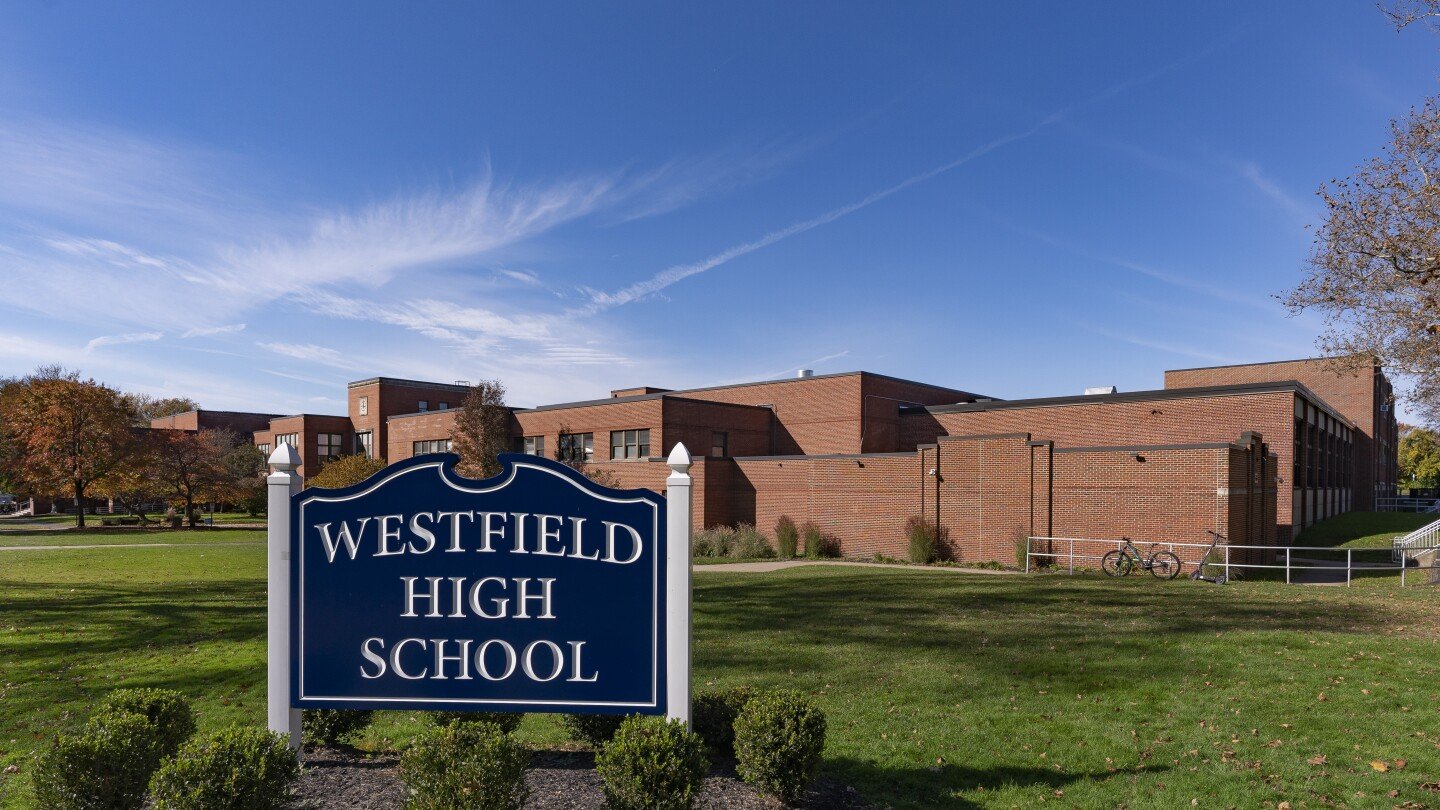A mother and her 14-year-old daughter are advocating for better protections for victims after AI-generated nude images of the teen and other female classmates were circulated at a high school in New Jersey.
Meanwhile, on the other side of the country, officials are investigating an incident involving a teenage boy who allegedly used artificial intelligence to create and distribute similar images of other students – also teen girls - that attend a high school in suburban Seattle, Washington.
The disturbing cases have put a spotlight yet again on explicit AI-generated material that overwhelmingly harms women and children and is booming online at an unprecedented rate. According to an analysis by independent researcher Genevieve Oh that was shared with The Associated Press, more than 143,000 new deepfake videos were posted online this year, which surpasses every other year combined.



As with any law, there will undoubtedly be cases in which it is difficult to discern whether or not a law has been broken, but courts decide on innocence or guilt in such cases every day. A jury would be asked to decide whether a a reasonable third party is likely to conclude on the balance of probabilities that the image depicts a person who is under 18.
Whether or not the depicted person is real or imagined is not relevant in many / most jurisdictions.